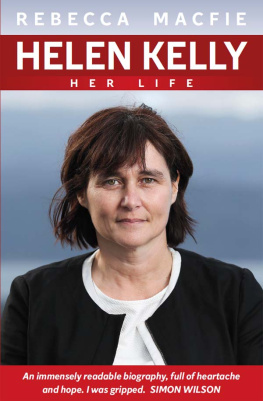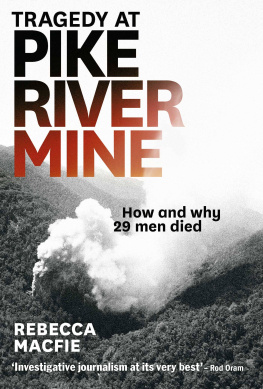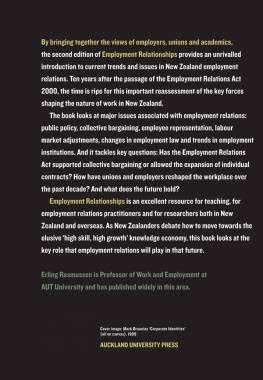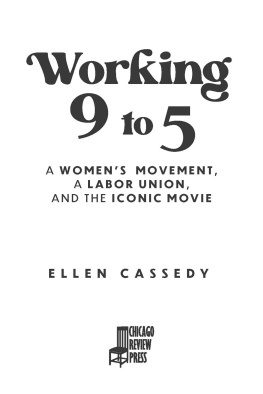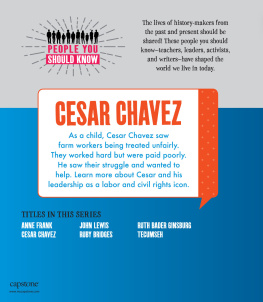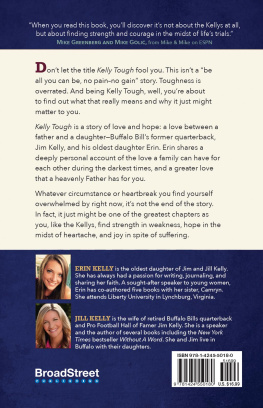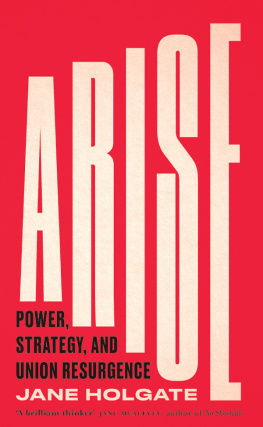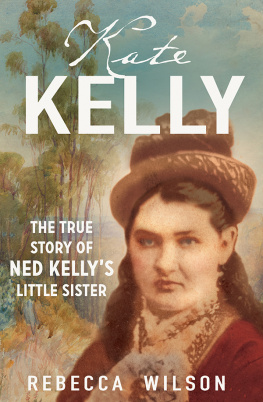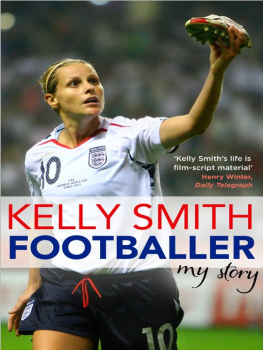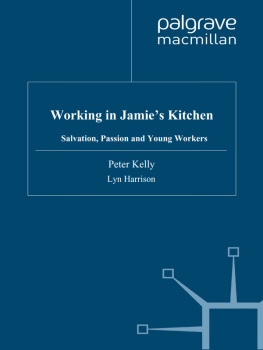
Advance praise for
HELEN KELLY HER LIFE
A searing modern history not just of a brilliant leader but of the struggles of the union movement and the erosion of workers rights in the modern age. Clear-eyed and powerfully written, this is a book every New Zealander should read. Much more than a biography of a brilliant leader, Macfie has crafted a compelling analysis of the carnage caused by Rogernomics and New Zealands descent into a low-waged, unequal society
Kirsty Johnston, journalist, Stuff
An immensely readable tale of politics, heartache and ferocious charm. This is gifted storytelling, rich in political history, immensely readable and important, a great book about a true working-class hero and perhaps the greatest political leader of our time
Simon Wilson, journalist, The New Zealand Herald
This vivid biography of Helen Kelly, champion of people, is also an insightful portrait of our nation. It will inspire many of us to keep fighting for a fair economy and just society, which we need now more urgently than ever
Rod Oram, business journalist
Praise for
TRAGEDY AT PIKE RIVER MINE
by Rebecca Macfie
A devastating account of a needless tragedy
Victor Billot, Otago Daily Times
Macfie gets to the heart of a complex and detailed story without losing or confusing her audience Lucid, exhaustive, enraging
Guy Somerset, New Zealand Listener
Her prose is a perfect example of Orwells gold standard for good writing: as clear as a windowpane deserves not just a prize but a medal
Jane Westaway, New Zealand Books
If youve already read accolades for this book, theyre all deserved and then some
Jim Eagles & Mark Fryer, Weekend Herald
An astonishingly good book hard to put down, brilliant
Duncan Garner, RadioLive Drive
Will stand for a long time as one of the classics of New Zealand non-fiction
Lewis Martin, Nelson Mail
Its full telling needed a business journalist of Rebecca Macfies experience and acumen. Her account is complex yet highly readable, and sometimes shocking
Philip Matthews, The Press
Rebecca Macfies research is relentless and her writing style easily accessible. She creates a palpable sense of urgency and anticipation
Ellen Read, The Sunday Star-Times

First published in 2021 by Awa Press, Level Three, 67 Dixon Street,
Wellington 6011, New Zealand
Copyright Rebecca Macfie 2021
ISBN 978-1-927249-74-1 (paperback)
ISBN 978-1-927249-75-8 (EPUB)
ISBN 978-1-927249-76-5 (Mobi)
The right of Rebecca Macfie to be identified as the author of this work in terms of Section 96 of the Copyright Act 1994 is hereby asserted.
This book is sold subject to the condition that it shall not, by way of trade or otherwise, be lent, resold, hired out or otherwise circulated without the publishers prior consent in any form of binding or cover other than that in which it is published and without a similar condition including this condition being imposed on the subsequent purchaser.
A catalogue record for this book is available from the National Library of New Zealand.
Author photograph by Sam Brett
Cover and internal design by Neil Pardington
Typesetting by Tina Delceg
Editing by Mary Varnham
Production by Sarah Bennett
Indexing by Lee Slater
Ebook conversion 2022 by meBooks

Back cover images, clockwise from top left: Helen Kelly c. 1965; with Jackie Moore c. 1975; Helen and her mother, Cath Kelly; in action as CTU president; Helen in 2016; with Dylan Kelly c. 1993; in 2006; Helen with her father, Pat Kelly c 1972. Kelly family collection; Andrew Dart; NZ Herald Archives.
Awa Press is an independent, wholly New Zealand-owned publishing house.
Find more of our award-winning and notable books at awapress.co.nz.
CONTENTS
The first time I met Helen Kelly she was crossing a room with flowers. I now know this was characteristic she loved flowers, especially peonies, and she was forever giving gifts.
It was November 2013 and we were at Unity Books in Wellington. I had been giving a talk about my book Tragedy at Pike River Mine: How and why 29 men died, which had just been published. The room was quite full, which surprised me. I now know why: the National Affiliates Council of the Council of Trade Unions was having one of its regular bimonthly meetings that day and Helen, as CTU president, had called an early lunch and marched everyone down to Unity.
If I had known the countrys union leaders were going to be there I would have been even more nervous than I was. Pike River Coal Ltd was an incompetent operator, whose path to catastrophe was uninterrupted by either a capable regulator or an empowered union. I had described the Engineering, Printing and Manufacturing Unions presence at the mine as limp and marginalised and irrelevant, so I didnt expect plaudits from the union movement.
But here was Helen Kelly, New Zealands union leader, handing over an enormous bouquet of flowers. She proceeded to address the room with warmth and crispness. She talked about the failure of Pike, and about the appalling rate of death and injury in the forestry industry and the work the unions had been doing to bring it to light. The parallels between the two were obvious.
She was impressive. We agreed to talk further about forestry.
A fortnight later, attention was again fixed on Pike River. Health and safety charges against the mines boss, Peter Whittall, had been dropped in a deal involving the payment of an unpaid debt of reparations to the families of the 29 dead and the two survivors.
The decision was so shocking and wrong as to be unbelieveable. But while many people (including me) simply felt angry and helpless, Helen started assembling her forces to challenge it in court. It was apparent that not only was she sharp on her feet, she was gutsy and determined and saw a remit for the union movement that went far beyond merely servicing fee-paying members.
We spoke often over the following months about the proposed court challenge, and about forestry. I worked for the Listener and wrote about both. In my first years in journalism Id covered industrial relations, including the radical labour market deregulation of the 1990s, and had some understanding of how the position for workers had been permanently weakened by that reform. Id known and respected many unionists over the years but Helen Kelly was something different, and not just because she was a woman leading a labour movement still dominated by men. She was a fireball of charm, grit, humour and piercing analysis, and she seemed to be succeeding against a hostile political tide in getting the idea of workers rights and union activism back into public consciousness. As New Zealand reluctantly began to confront some uncomfortable truths gaping inequality, child poverty, stagnant wages, jobs bereft of security or certainty she seemed to be the kind of leader that we could do with.
Then came the news in early 2015 that she had cancer. At the Listener we discussed the need for an in-depth article about her. She was coming to Christchurch, where I live, and we met for lunch about three weeks after her diagnosis. Over a salad (from which she pushed aside every scrap of dried fruit she had cut sugar from her diet as part of her cancer fight) I asked if she would be interviewed for a profile. She was non-committal. I suspect she was suspicious that the media wanted to put her on a pedestal now that she was dying. But word came back a few days later that she was willing to participate.
Next page
